The CMP Review — Week of July 31
July 31, 2023
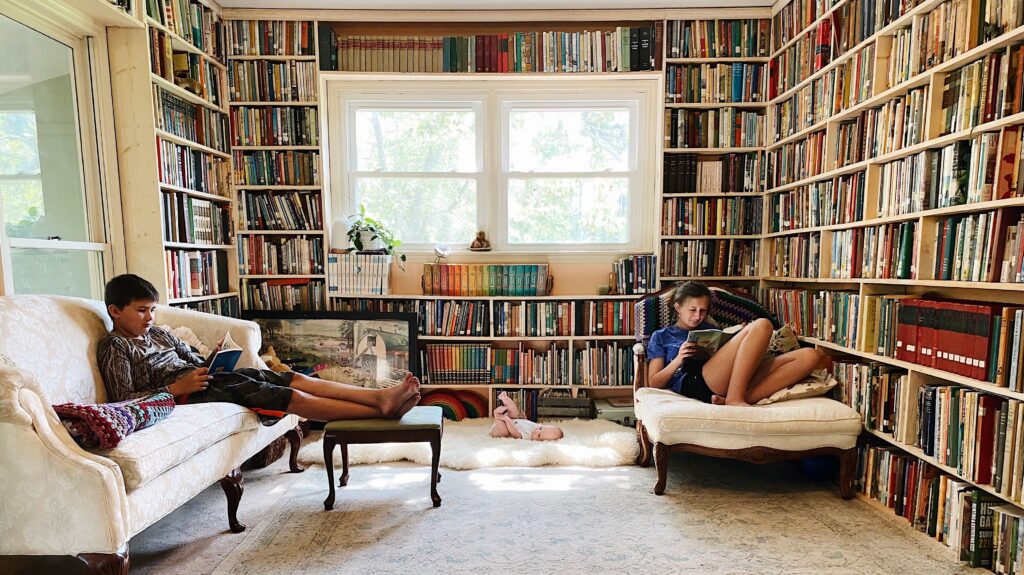
“The peaceful home was the one where each member of the family was getting what he needed. What do people need? Let us think of that. There is a difference between what people want, what they would really like and what they really need. Certain things we all need, grown ups, children, everyone.” (Essex Cholmondeley, Parents Are Peacemakers)
@tessakeath
August 1, 2023
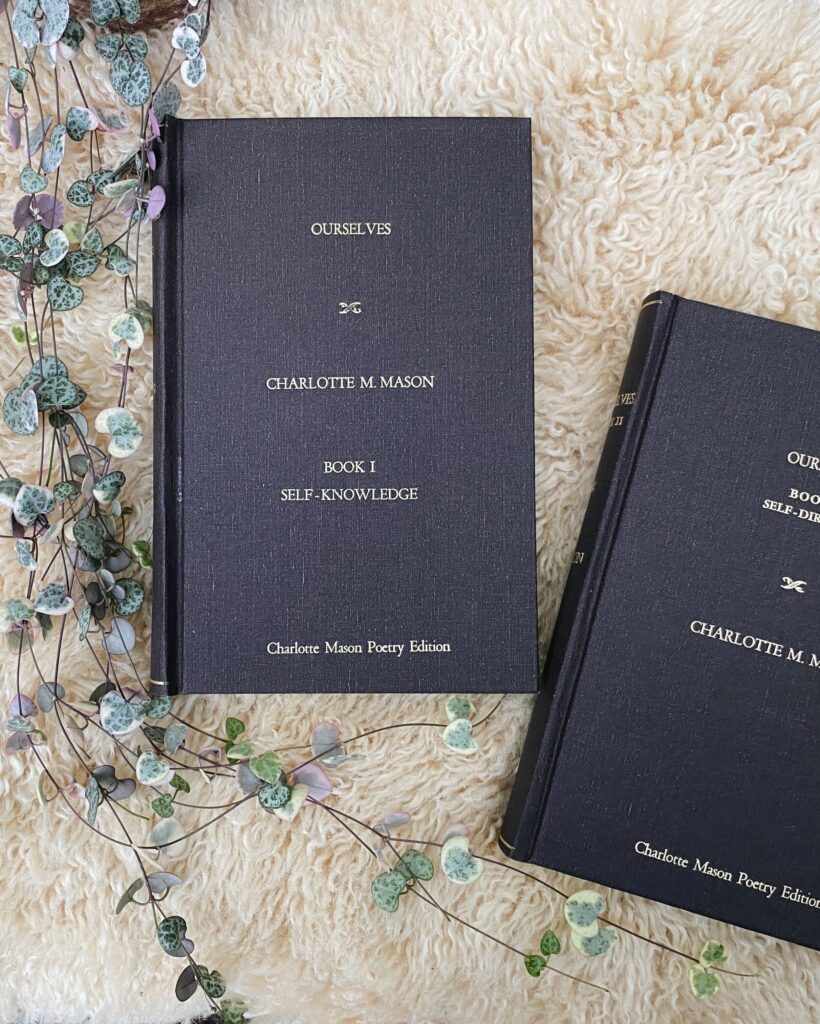
Anyone who undertakes to read Charlotte Mason’s six volumes notices a dramatic change when he or she reaches volume 4, Ourselves. This one is not like the others! Some, however, discover Ourselves when they find it assigned in their homeschool curriculum. That’s because volume 4 alone was written for the student, not for the teacher.
When approaching the book as a parent or teacher, however, it sure would be nice to have a ground plan of the book. What ideas informed it? What key points does it make? What should we expect from reading it? Many such surveys and summaries exist, but most have been written at the distance of a century since the book was first printed.
Mrs. Clement Parsons, aka Florence Mary Parsons, was a friend and colleague of Miss Mason’s. But she was no ordinary friend — she was an accomplished author and lecturer in her own right, and a fierce supporter of the PNEU. She knew Mason from the early days and clearly understood her work.
In 1928, Mrs. Parsons wrote an introduction, survey, and evaluation of Ourselves. It is an extremely valuable guide to help us understand the book, even for those who have already read it one or more times. Written from the perspective of a peer and friend of Miss Mason, the article helps us better understand the context and message of the book.
Best of all, Mrs. Parsons lets us in on one of the best-kept secrets about Ourselves. Sure, it’s written for students. But guess what? We’re all students too. Read or listen to Mrs. Parsons’s vintage article and learn why you can feel good about enriching *your own life* with the insights from this extraordinary book. Find it here.
@artmiddlekauff
August 2, 2023
A really great picture book is one where the words as well as the illustrations are visually captivating. Meeru’s Multan is such a book. It begins when a little boy named Saif is unable to sleep and asks his mother to tell him a story. She proceeds to tell him the best kind—one from her own childhood. Together with Saif, we get to experience the sites, sounds, smells, and tastes of Meeru’s summer adventures in Multan, Pakistan.
The colorful illustrations by Benazir Khan Lodhi are full and fantastic—the kind meant for poring over. The story is as rich and sweet as Multan’s popular dessert, Sohan Halwa (recipe included!) and the simplicity of childhood recollections joyfully relayed from mother to son show us that what our children hear or are told is of vital importance. Visit @meerusmultanbook to learn more. And, let me know if you’ve read it!
Thank you for sharing glimpses of your life and country with the world, Dr. Miral Azam Khalil.
@rbaburina
August 3, 2023
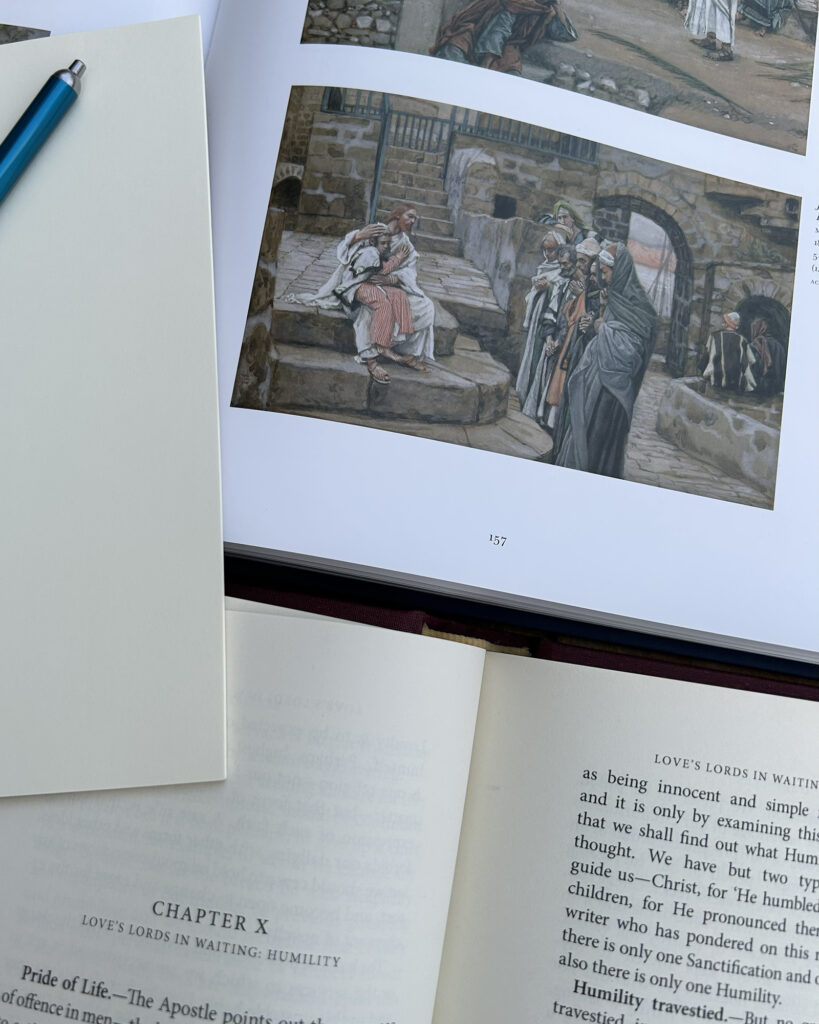
In the Idyll Challenge, we are in Book 1 of Ourselves. In the men’s group, one participant brought up the topic of humility, presented in chapter 10. He objected to Charlotte Mason’s assertion on p. 126 that “Humility is born in us all, a Lord of the Bosom, gracious and beautiful, strong to subdue.” He pointed to a contrary tradition of writing on humility from Augustine to the Medieval Doctors and asked whether Mason had read this theological literature.
I replied that I could not say whether Mason read those theologians, but I was certain that Mason’s statement about humility was not incidental. I pointed to chapter 26 of Parents and Children, in which Mason develops the theme that “the note of childhood is, before all things, humility.” I noted that she pointed to the Anglican theologian William Law and his statement that “there never was nor ever will be, but one humility in the whole world, and that is the one humility of Christ.” And that in Ourselves, Mason insists that each of love’s lords in waiting, from courage to humility, has “his dwelling by right in every Mansoul.”
My friend replied that the doctors of tradition said that humility was foreign to the human heart, and could only be born in a person by a fresh and conscious encounter with the glory of God. Our discussion moved from William Law and Augustine to the words of Christ, and whether or not it is true, as Mason claimed, that “our Lord pronounces the little child also to be humble.” On this question hinges Mason’s entire concept of humility — and perhaps even the personhood of the child.
What would you have said if you were in our meeting? Is humility foreign to the human heart and born only by grace, or is humility truly the child’s estate?
@artmiddlekauff
August 4, 2023
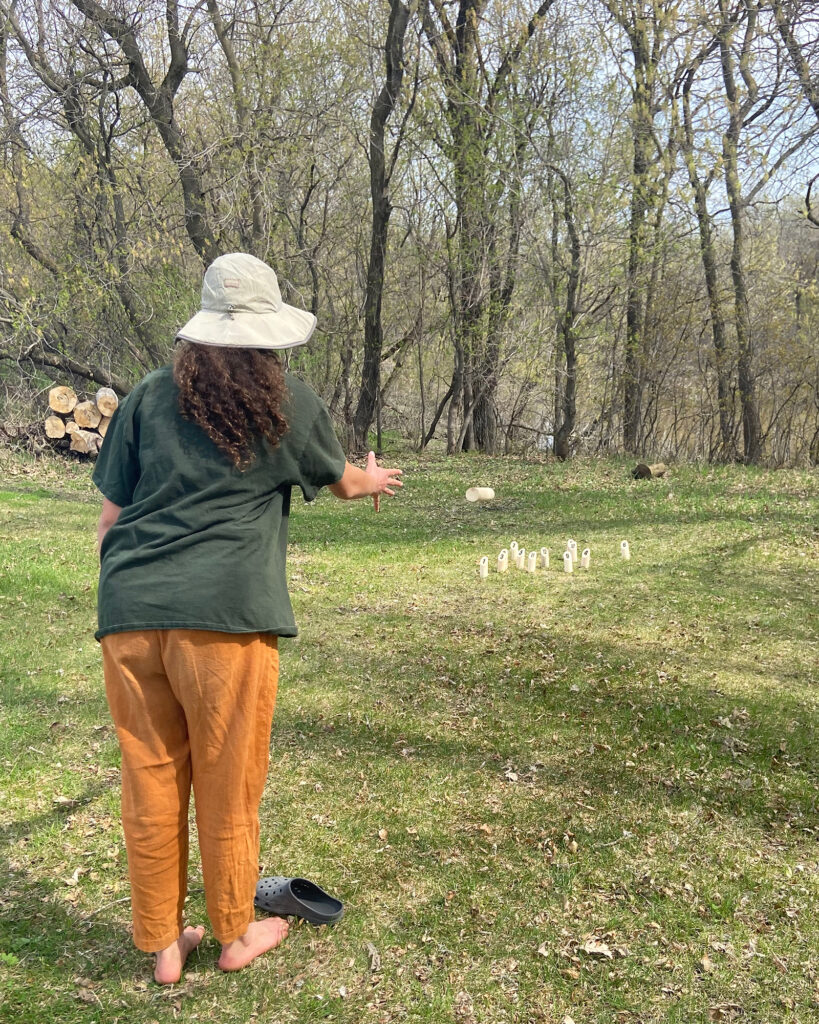
Does your family like to play low-tech, old-fashioned games?
A good friend introduced us to Finnish bowling recently and it is a lot of fun!
Please share your favourites with us. (Bonus points if it can be played out-of-doors!)
@antonella.f.greco
August 5, 2023

Almost every state in the US has a certified Naturalist Program (often called a Master Naturalist Program) where citizen scientists are trained in the natural history and geographical diversity of their specific region, the skills needed to become a naturalist, and how to pass this understanding on to others. Becoming a certified naturalist is a great way to enrich your life, homeschool, community, and native ecosystem.
Read about my experience in the Tennessee Naturalist Program (I even met another CM mom!) in the latest bundle from Wild + Free with fun images by @aolander 🍃 or ask me any questions.
@rbaburina
August 6, 2023
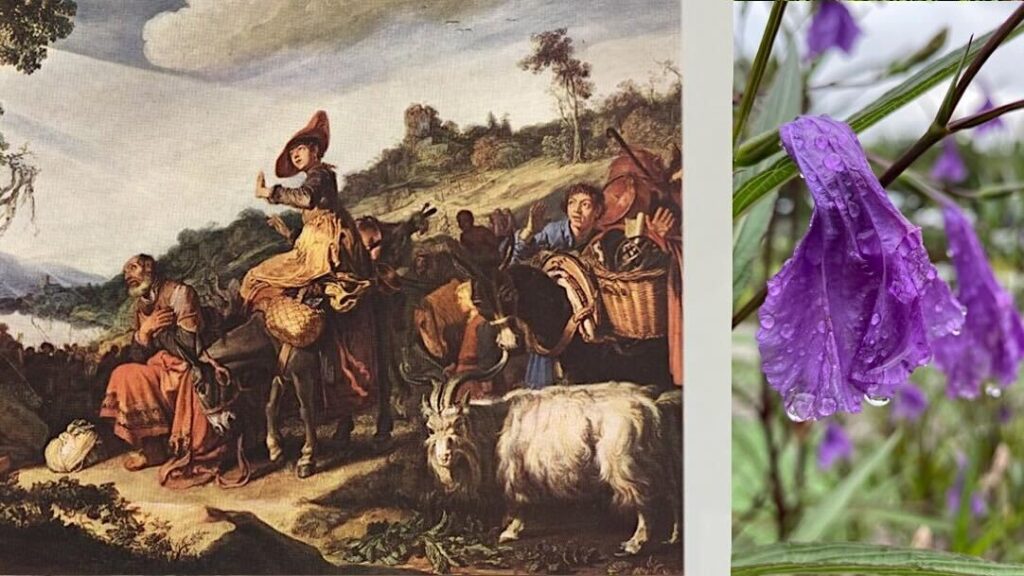
“For it is not Humility to think ill of ourselves;” writes Charlotte Mason in Ourselves; “that is faint-hearted when it is not false. Humility is perhaps one with Simplicity, and does not allow us to think of ourselves at all, ill or well. That is why a child is humble.”
If that is humility, then what is glory? According to Charlotte Mason’s poem, it too is perhaps one with Simplicity. “He who wears [glory] knows not he’s adorned of God,” she writes, “who alone gives honour.”
Since Christ was humble, He did not glorify Himself. But God, who alone gives honor, glorified His Son. So Charlotte Mason poetically paraphrases Christ’s words:
“Ere God had laid
The foundations of the world, lo, I was there
In council with the Father. No prophet spake
But as I gave him words: no patriarch
Walked humbly with his God and gave their meat
To children and children’s children, but I was there
Sustaining that good man in righteous ways.”
It’s blasphemy or it’s truth. Read or hear Charlotte Mason’s poem here.
@artmiddlekauff